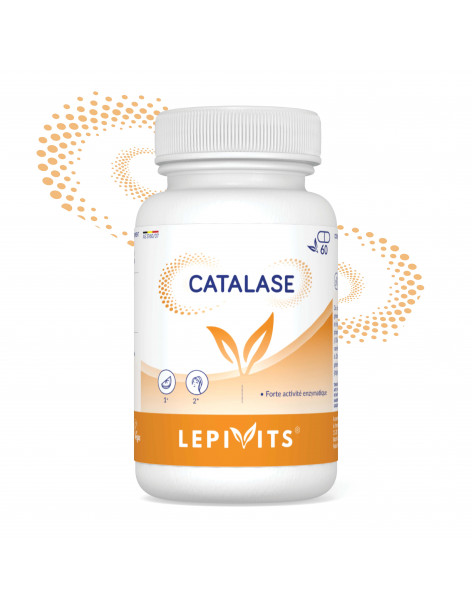Anti-aging

How can we preserve our youthfulness and avoid oxidative stress?
In order to function, our body needs oxygen, which is essential for numerous physiological functions such as the transformation of sugars and fats into energy. These phenomena are accompanied by a release of free radicals. The latter are produced naturally by our body and are neutralised by antioxidants. However, many exogenous factors such as smoking, alcohol, pollution, age, stress, exposure to the sun, intense physical exercise, or even certain medications, can increase the quantities of free radicals in our body. Produced in excess, they attack our cells, our proteins or our DNA. This phenomenon is called "oxidative stress".
Finally, what is an antioxidant food for?
An antioxidant is a substance that protects another substance against the action of a free radical, by being oxidised itself. Within the body, these molecules protect unsaturated fatty acids, proteins and genetic material (DNA-RNA). They also help prevent cancer and cardiovascular disease, strengthen the immune system and help the body cope with external pollutants. A healthy lifestyle is essential to fight against premature cell ageing.
Several lines of antioxidant defence are available to the body. The first defence is governed by enzymatic systems (including superoxide dismutase), the second is called "scavengers" (molecules produced by the body such as uric acid) and the last essential line of defence corresponds to nutrients (vitamins, minerals, amino acids and other nutrients such as coenzyme Q10). These three types of defence act synergistically. It is important to vary your intake of antioxidants in order to provide the body with all the resources it needs to avoid cellular oxidative stress.



